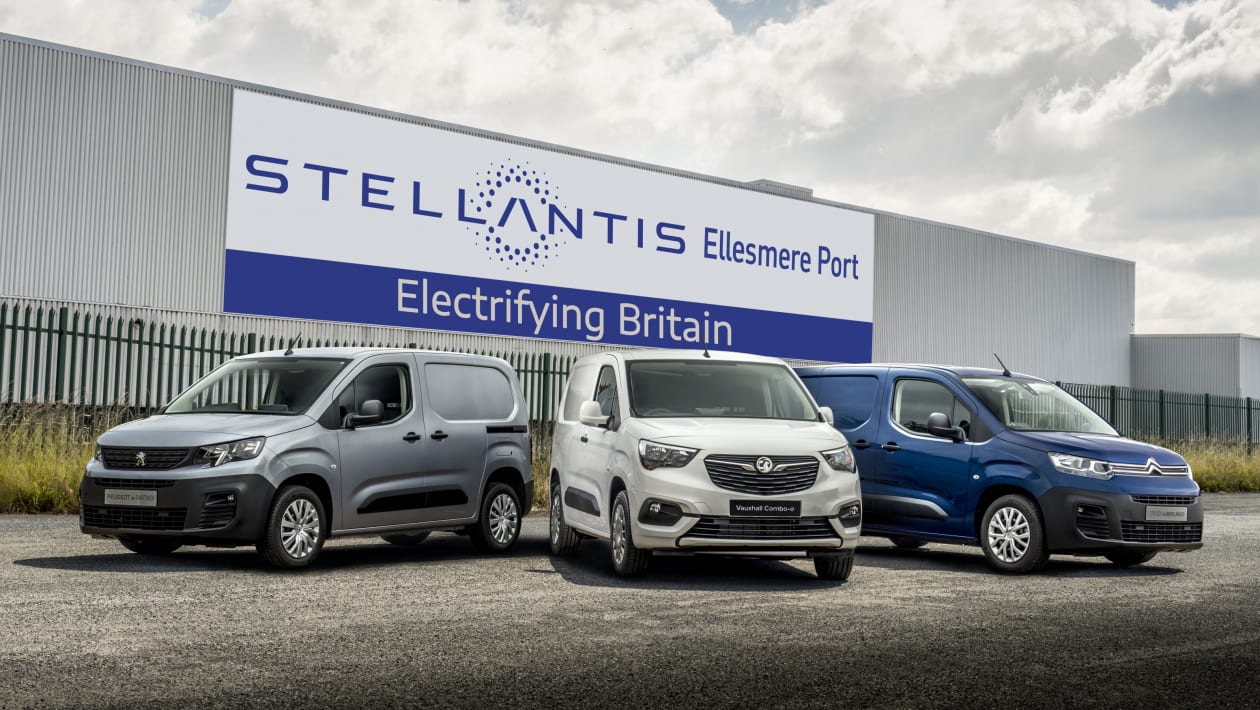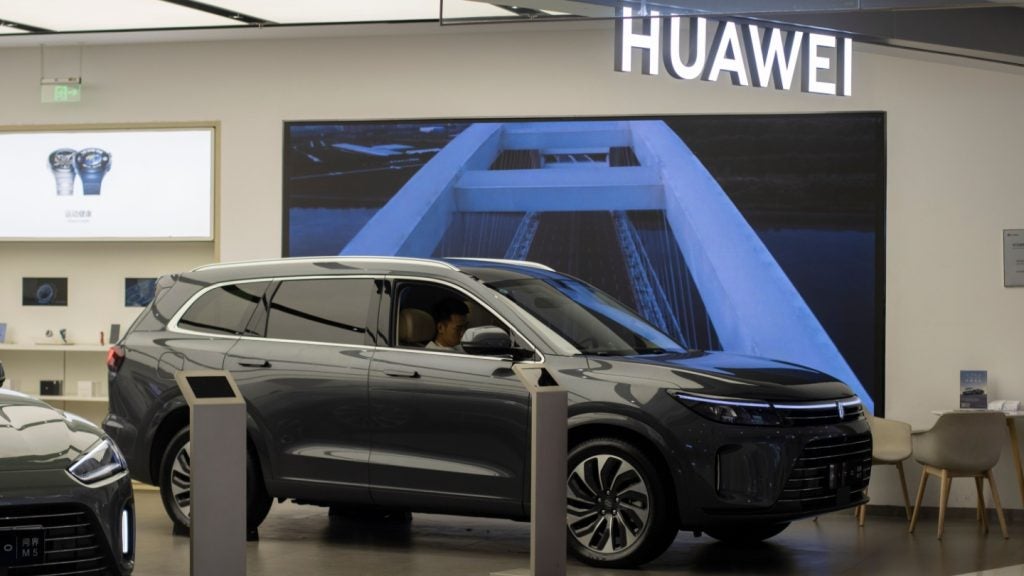
Stellantis today announced a GBP100m investment in Vauxhall’s Ellesmere Port manufacturing plant to switch the site to electric vehicle manufacturing.
It currently assembles Astra models from a mix of locally made and imported components.
Ellesmere Port will become the first Stellantis plant to produce a solely battery-electric model, in both commercial and passenger versions, by the end of next year, for the Vauxhall, Opel, Peugeot and Citroen brands and for both domestic and export markets.
“Stellantis investment in Ellesmere Port will leverage the performance improvement actions that have been made possible thanks to a co-building process between the company, the Unite Union and based on the workforce’s drive to transform their plant,” the automaker said in a statement.
“Stellantis’ strong willingness to ensure a sustainable future for Ellesmere Port has been consistently supported by the UK government, the Cheshire West and Chester Council, Cheshire and Warrington Local Enterprise partnership and Chester College.
CEO Carlos Tavares said: “Performance is always the trigger for sustainability and this GBP100m investment demonstrates our commitment to the UK and to Ellesmere Port. I particularly want to thank our highly skilled, dedicated workforce for their patience and contribution; we never let them down. Equally, I want to thank our partners the Unite Union for their open mindset and strong cooperation and, of course, the UK Government for their continued support. Producing battery electric vehicles here will support clean, safe and affordable mobility for the citizens. Since 1903 Vauxhall has manufactured vehicles in Britain and we will continue to do so.”
How well do you really know your competitors?
Access the most comprehensive Company Profiles on the market, powered by GlobalData. Save hours of research. Gain competitive edge.

Thank you!
Your download email will arrive shortly
Not ready to buy yet? Download a free sample
We are confident about the unique quality of our Company Profiles. However, we want you to make the most beneficial decision for your business, so we offer a free sample that you can download by submitting the below form
By GlobalDataUnite general secretary Len McCluskey said: “This is a great day and one that gives Ellesmere Port’s world class workforce the bright future they deserve. Unite has battled for years to secure the future of this site. Our members have been unfailing in their efforts, and I have lobbied Stellantis’s CEO Carlos Tavares and the top levels of government personally on numerous occasions. At times the uncertainly has been unbearable but these plans have ended that, with Ellesmere Port’s workers now set to proudly play a leading role in the UK’s green transport revolution.”
Ellesmere Port was built built in 1962, and produced its first car, the Vauxhall Viva, in 1964. Since that time, it has produced subsequent generations of the Viva, the Chevette and several generations of Vauxhall/Opel Astra. It has built over 5.2m vehicles.
This new era of manufacturing will see a transformation of the Ellesmere Port plant “fit for the future”, with a new body shop, upgraded general assembly, a compression of the site area and the creation of an on-site battery pack assembly.
The plant aims to be 100% self-sufficient for electricity and work will commence imminently on potential wind and solar farms.
Stellantis has also announced the intention to consult on further investment into the Ellesmere Port site with the creation of a new UK parts distribution centre.
From later next year, Ellesmere Port will build Vauxhall/Opel Combo-e, Vauxhall /OPelCombo-e Life, Peugeot e-Partner and e-Rifter, and Citroen e-Berlingo.
These light commercial vehicles, and their passenger carrying variants are all powered by a 100kW (136hp) motor with a 50kWh lithium-ion battery. They are able to be charged at up to 100kW and take just 30 minutes to charge from 0% to 80%. Under WLTP conditions, they are capable of up to 174 miles of range.
The Vauxhall, Opel, Peugeot and Citroen brands have already committed to each offering all-electric versions of their entire respective van model ranges before the end of 2021.
Fiat Professional is also committed to offering electrified and alternatively fuelled versions across its van range.
This story was originally published on Just Auto, part of the GlobalData network.



